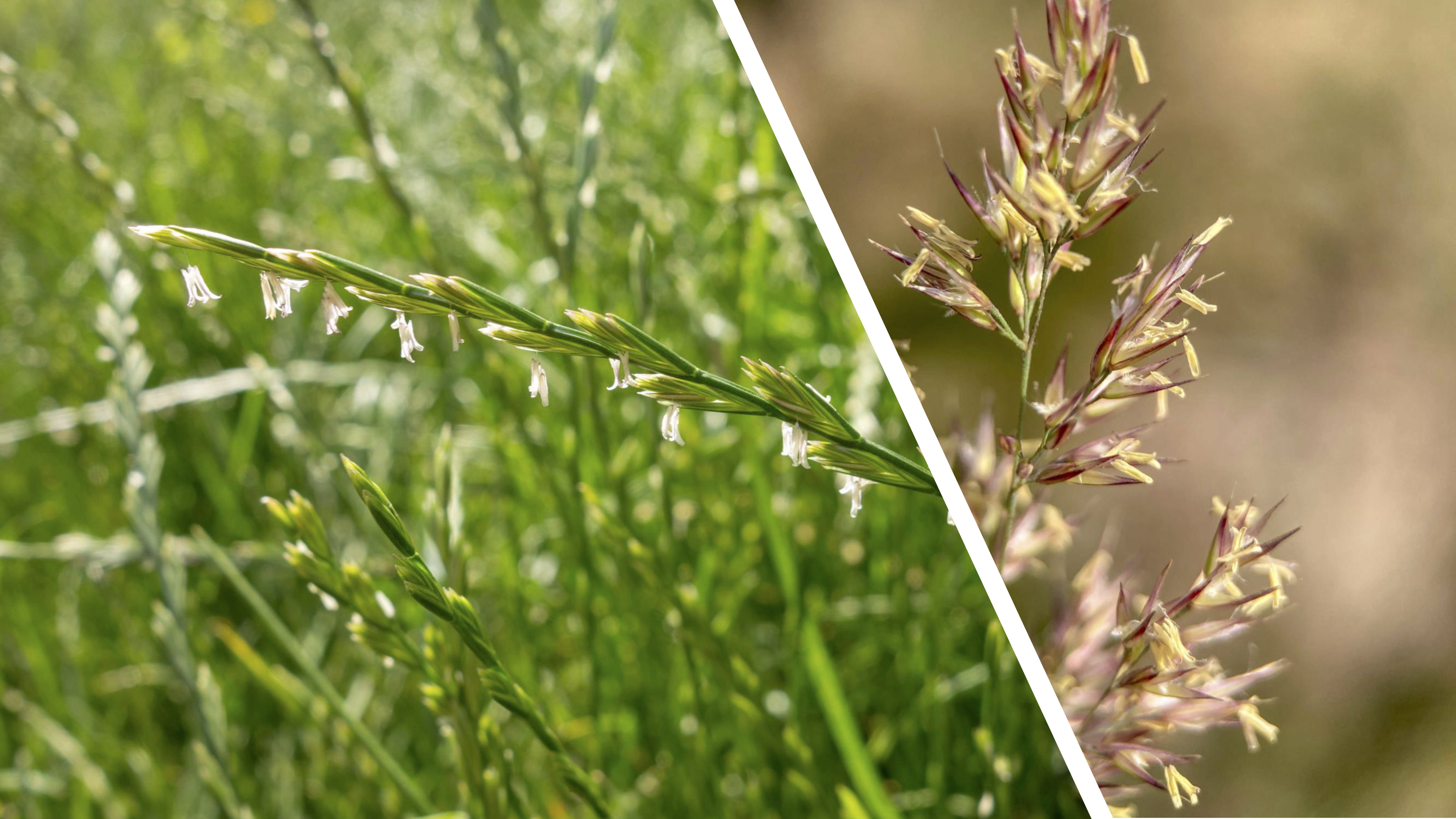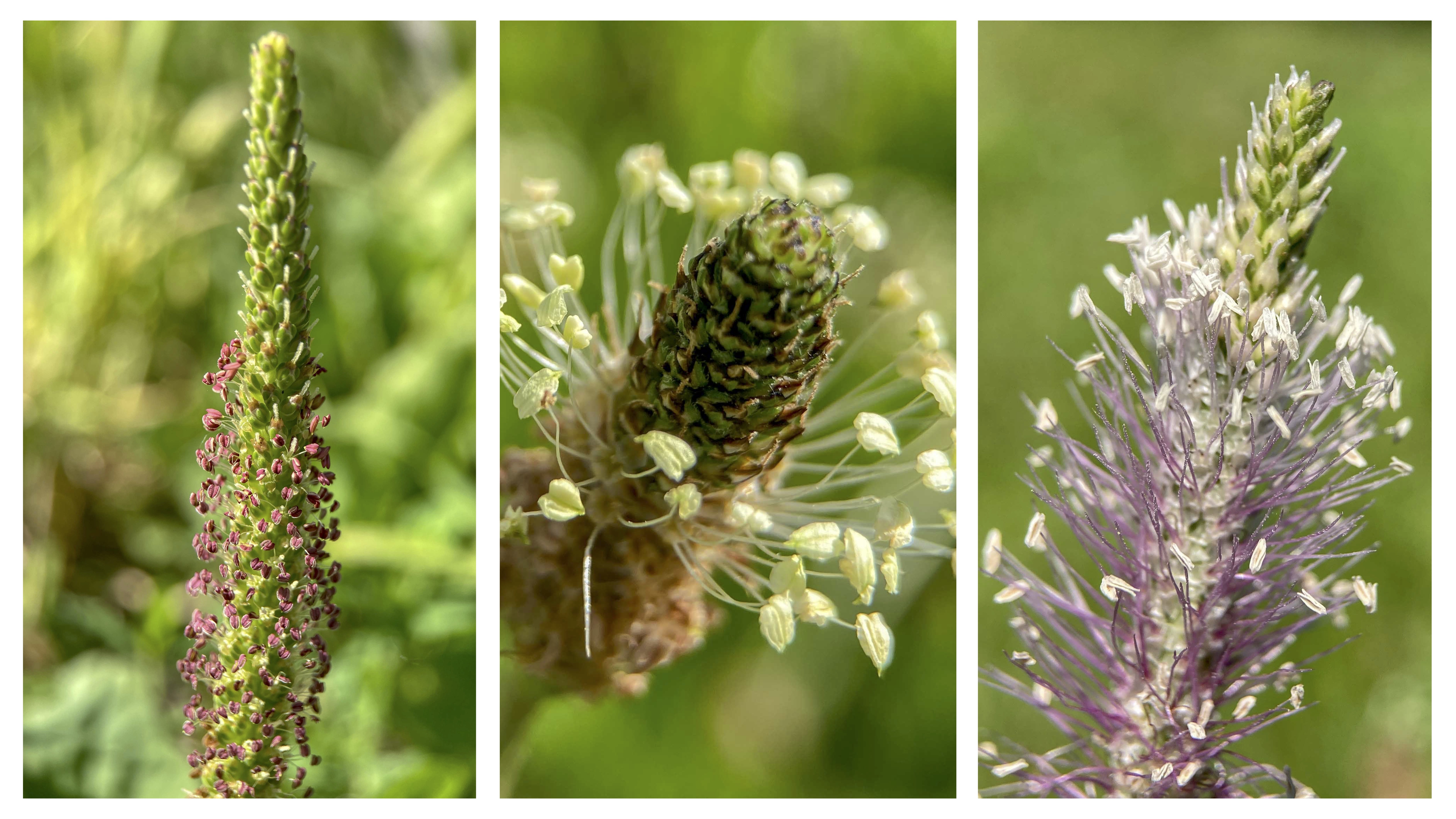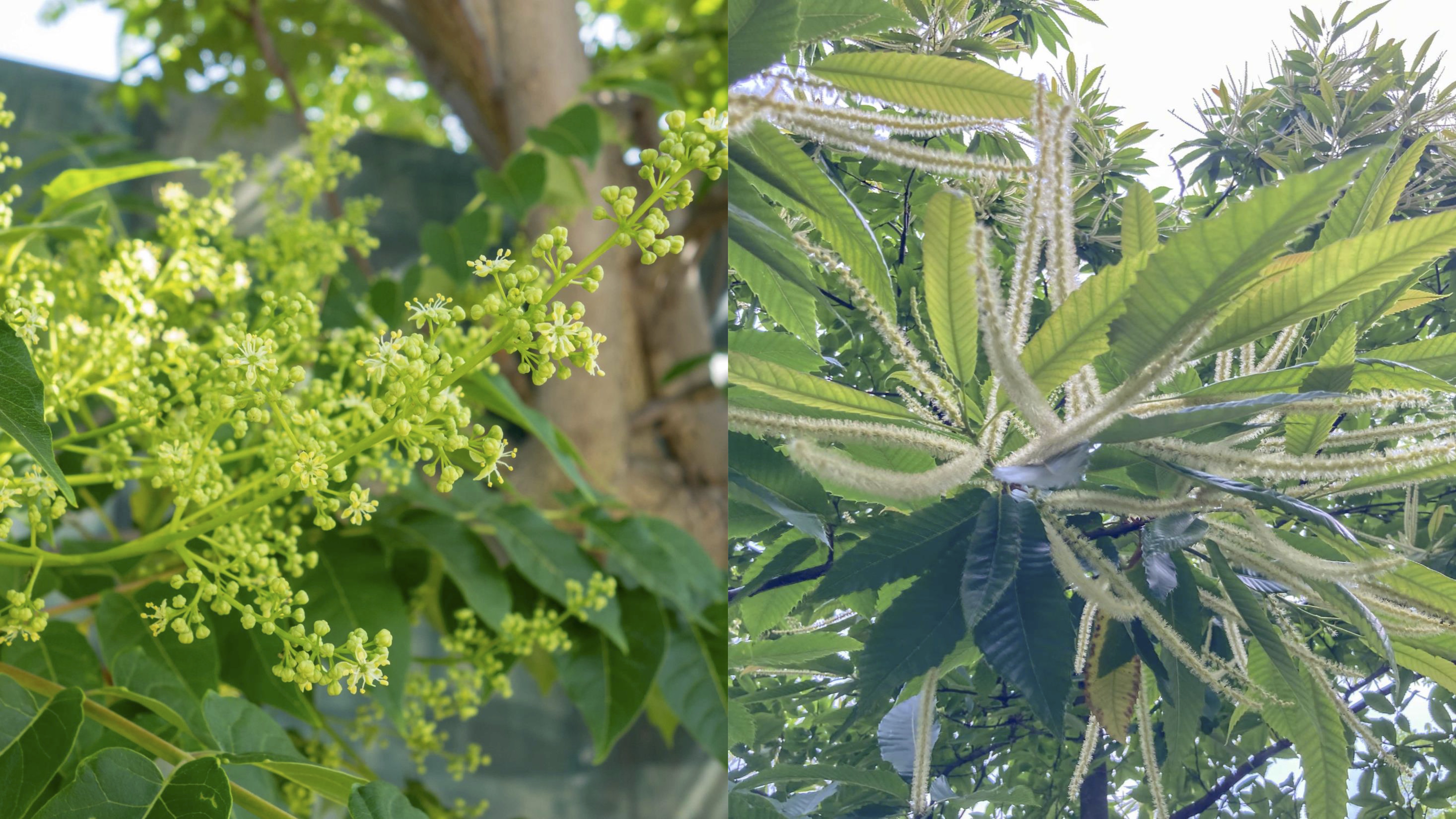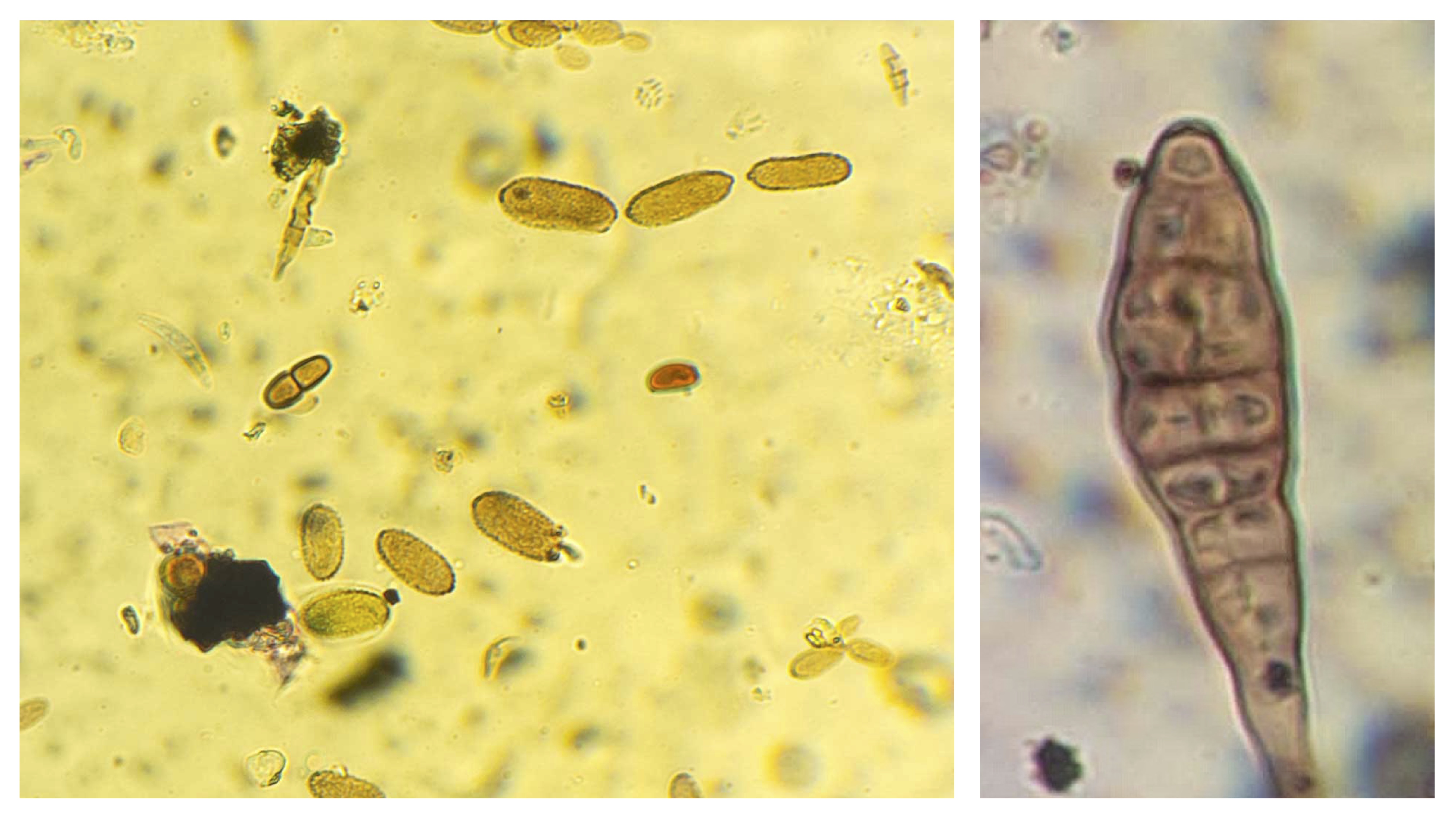Pollen forecast for the weekend of the Donauinselfest from 20.-22.06.2025
Caution for allergy sufferers at the Danube Island Festival: several allergens are an issue this year!
Grasses are still the current focus. As grass pollen is also the most common sensitization in Vienna and is present almost everywhere, it is of the greatest importance. On a positive note, we are already in the final phase of the main grass flowering period. The measured pollen concentrations in Vienna have so far been higher than usual, especially in the last few weeks, which indicates an above-average grass pollen season.
However, many allergologically important grass species have already finished flowering. With the current stable summer weather conditions, there may still be isolated cases of days with high grass pollen concentrations.

Currently flowering grass species on the Danube Island are: ryegrass (Lolium perenne), reed grass (Calamagrostis epigejos) and bentgrass (Agrostis capillaris). Ryegrass is by far the most widespread and covers large areas of the meadows. It is still in its main flowering stage. Reed grass and bentgrass are increasingly found near the banks of the Danube. Bentgrass and reed grasses have already faded in some places. Most grass species release pollen, especially in the morning. However, it should be noted that pollen from higher air layers can deposit in the evening hours due to the lack of thermals.
Overall, we therefore assess the situation as fairly typical: however, high pollination of grasses is still possible, especially if the weather is stable.

In addition to grasses, plantain and dock are also to mention in the pollen forecast: especially plantain is of interest. It is very common in the meadows of Vienna. This year, its pollen dispersal has been average so far.

Among the special taxa in the pollen spectrum for allergy sufferers this year are the tree of heaven and sweet chestnut, which are somewhat less relevant than the main allergen of grasses.
The tree of heaven is already in post-flowering stage and pollen concentrations in Vienna are already declining. However, due to the increased distribution along the Danube, there may still be relevant pollen concentrations locally.
The flower of sweet chestnut has started in the urban area. Due to its close relationship with the birch family, sweer chestnut pollen can cause cross-reactions in allergy sufferers who are sensitized to early-flowering trees such as hazel, alder or birch.

Fungal spores are currently increasingly present in the air. They are benefiting from the summer weather. Spore concentrations rise rapidly, especially after rainfall. Cladosporium and Alternaria are of the greatest relevance for allergy sufferers.
Individuals who have recently reacted significantly should prepare accordingly. We recommend considering appropriate medication, keeping it on hand, or continuing with the intake in advance (depending on the agreement with the treating medical doctor).
The team at the Pollen Service Vienna of the MedUni Vienna wishes all visitors to the Donauinselfest a lot of fun and a pleasant time!
Last update on the 17th of June 2025
Additional Information regarding allergen avoidance is avaliable here!